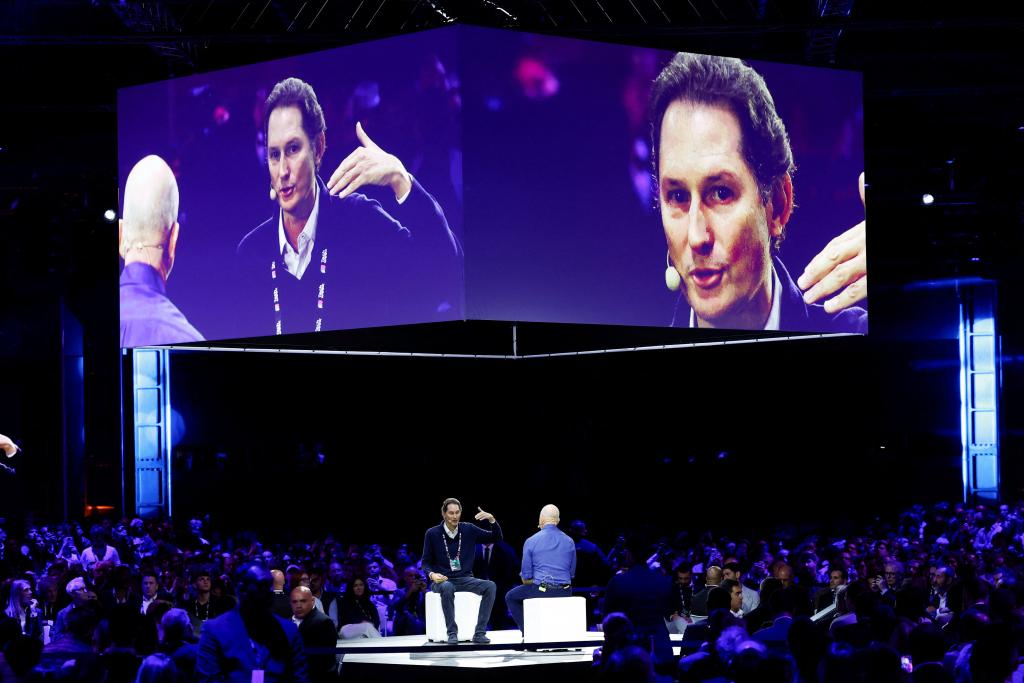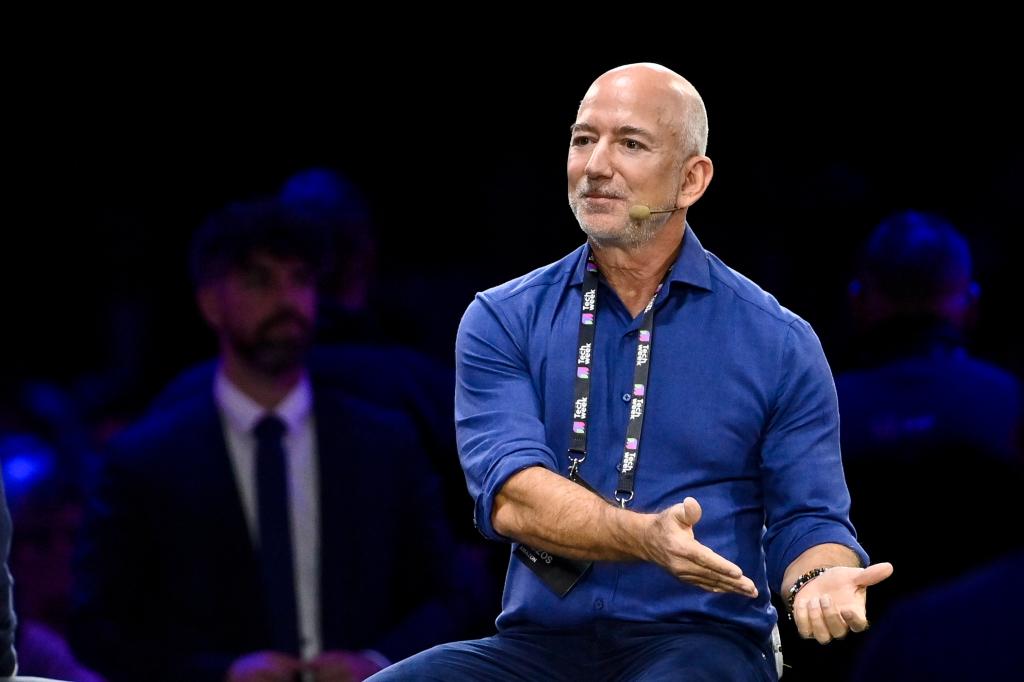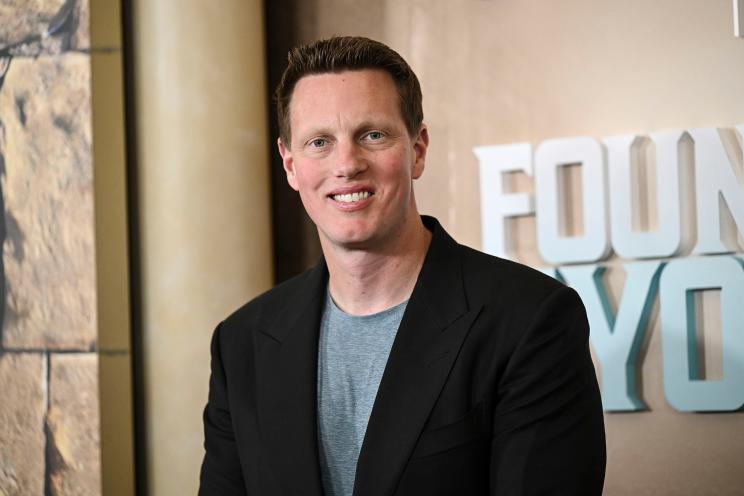Amazon founder envisions gigawatt-scale orbital data hubs within two decades, powered by continuous solar energy, as AI and tech growth reshape infrastructure needs.
Amazon founder and executive chair Jeff Bezos delivered a bold prediction on Friday, foreseeing the construction of gigawatt-scale data centers in space within the next 10 to 20 years. Speaking at Italian Tech Week in Turin, Bezos emphasized that orbital data centers, powered by uninterrupted solar energy, could eventually outperform those on Earth.
“These giant training clusters, those will be better built in space, because we have solar power there, 24/7. There are no clouds and no rain, no weather,” Bezos told Ferrari and Stellantis Chairman John Elkann during a public conversation. He added, “We will be able to beat the cost of terrestrial data centers in space in the next couple of decades.”
The concept of space-based infrastructure has gained traction among tech giants as terrestrial data centers increasingly strain electricity grids and require massive water resources for cooling. Bezos likened this future development to the evolution of weather and communication satellites, asserting that the next step would involve data centers and potentially other forms of manufacturing.
While the vision is ambitious, Bezos acknowledged the challenges of space-based data centers, including maintenance, upgrades, launch costs, and potential risks of rocket failures. Yet, he remained optimistic about the broader societal benefits.

“The AI wave shares traits with the dot-com era, when massive hype was followed by a crash,” Bezos said. “We should be extremely optimistic that the societal and beneficial consequences of AI, like we had with the internet 25 years ago, are for real and there to stay.”
He stressed the importance of distinguishing between speculative bubbles and the lasting reality of technological progress. “It is important to decorrelate the potential bubbles and their bursting consequences that might or might not happen from the actual reality,” he explained, highlighting that AI’s benefits are expected to be broadly diffused and transformative.
Bezos’ remarks come amid growing global demand for data processing and storage as artificial intelligence applications surge across industries. With SpaceX’s Falcon 9 rockets already deploying Amazon’s Project Kuiper satellites, the company is actively laying the groundwork for expanding its space infrastructure to meet future technological needs.
As energy and infrastructure demands rise on Earth, Bezos’ vision for orbital data centers underscores a growing trend of looking to space not just for exploration, but as a viable solution to support Earth-bound technological growth.




















